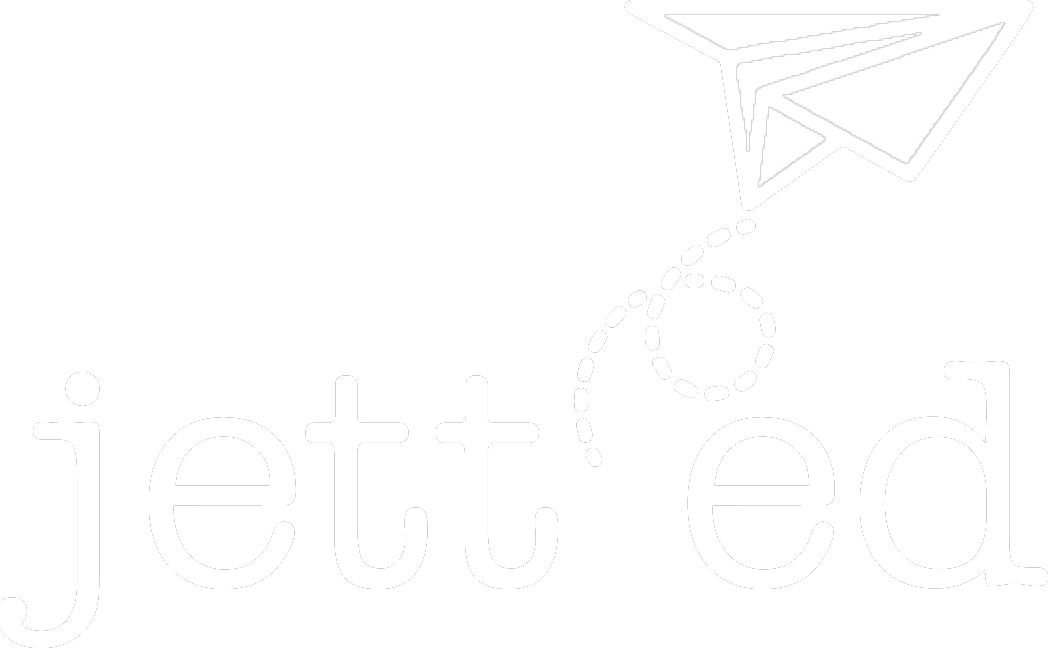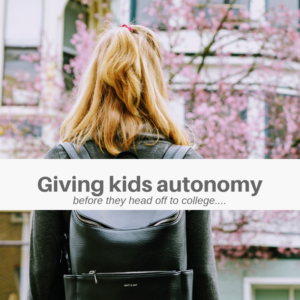Giving Kids Autonomy
The definition of autonomous is “having the freedom to act independently”. For most kids, college is the first time they are living independently on their own. I have written about and shared other articles and books emphasizing the importance of learning practical skills like money management, laundry, grocery shopping, and mailing letters, but what about goal setting and living autonomously? When was the last time you asked your teen what they think their life will look like next year, or in 3 years? Do they envision going to college or having a job? Do they set monthly goals or goals for the school year? These may seem like silly questions, but I see more and more kids who are going through the motions, checking a box because their friends are doing something, participating in an activity because they think they need it for college, taking an extra AP class because they are afraid not to.
At the same time, there is a mental health crisis on college campuses. The use of counseling centers increased by 30%,on average, from 2009 to 2015, according to the Center for Collegiate Mental Health. One in four college students reports being diagnosed with or treated for a mental illness, according to a 2018 study in the journal Depression and Anxiety. The University of Pennsylvania recently appointed a Chief Wellness Officer to address mental wellness on campus. This week’s issue of the Chronicle of Higher Education focuses in on preventative measures schools are taking to address this issue. One example is at USC, where college officials believe wellness is an important life skill, one that students can carry into their careers. The school has incorporated a pilot wellness course they hope to make mandatory for Freshman. The course asks questions like “what does success mean to you? What about happiness? How do you live your best life?”
As I think about the students in our office who will be the rising students on college campuses, I am continually thinking about ways we can help prepare them and give them tools to be more resilient, happy and successful. The skills we focus on such as goal setting, organization, time management and planning help students with many of the mental health issues that emerge in college. Asking a student what their strengths, interests and challenges are helps them see what they enjoy and thrive at, and where they may struggle and need some extra support. Giving kids autonomy to manage their work and activities, and advocate for themselves is part of what we work on together. We believe these tools help prevent anxiety and depression and reframe how they see themselves in the larger landscape.

